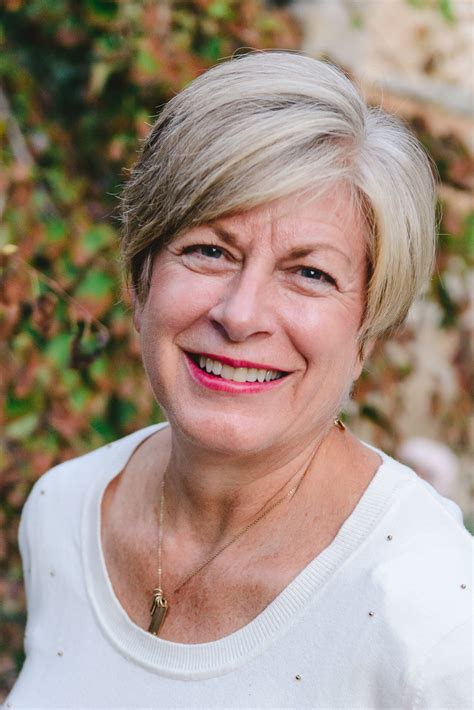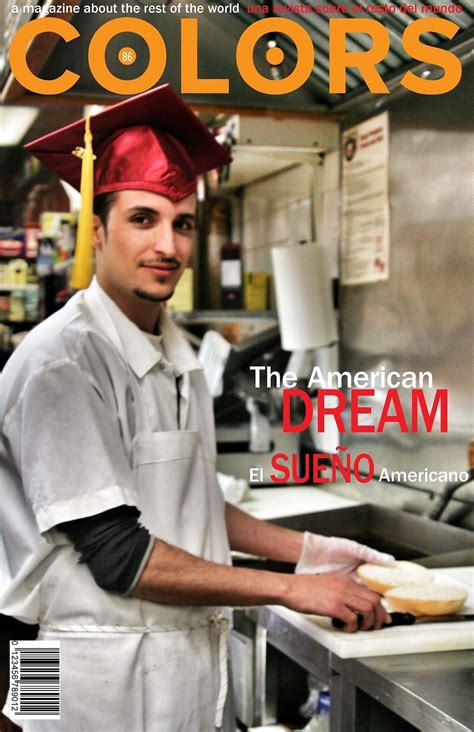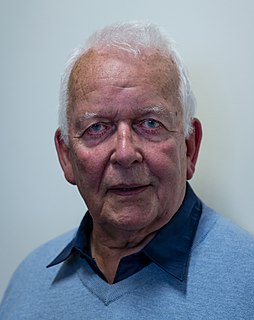A Quote by Andrew Yang
The monetary market is going to value people's time less and less as time goes on, so you need another way to structure their day that rewards them.
Related Quotes
I am very sure that my children thrive on structure and need boundaries. I know my children need to know what time they are going to bed or how many more minutes until they are leaving for school, and so I have imposed a structure that allows them to know where they are all day long, every day in life.
Mothers who know do less. They permit less of what will not bear good fruit eternally. They allow less media in their homes, less distraction, less activity that draws their children away from their home. Mothers who know are willing to live on less and consume less of the world’s goods in order to spend more time with their children—more time eating together, more time working together, more time reading together, more time talking, laughing, singing, and exemplifying. These mothers choose carefully and do not try to choose it all.
There's something grueling but very appealing about rough, to-the-bone material in a low budget context. There's less between you and the material. There are less people. There is less time. There's often less technology. You have to concentrate very intensely, and you jump in a little deeper because there's nothing in your way... but there are challenges.
Where people work longest and with least leisure, they buy the fewest goods. No towns were so poor as those of England where the people, from children up, worked fifteen and sixteen hours a day. They were poor because these overworked people soon wore out -- they became less and less valuable as workers. Therefore, they earned less and less and could buy less and less.



































